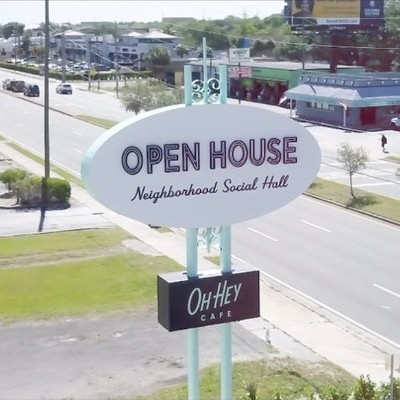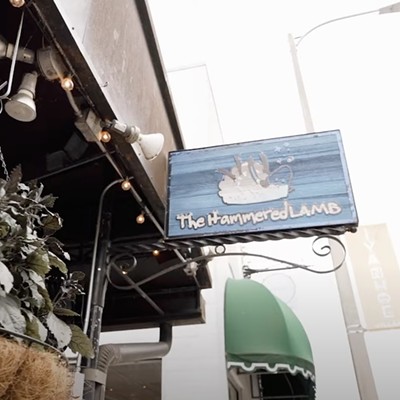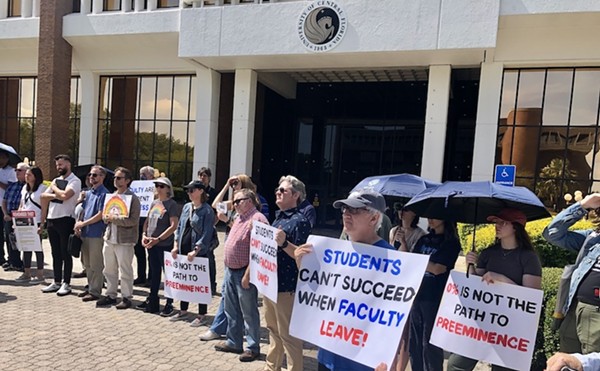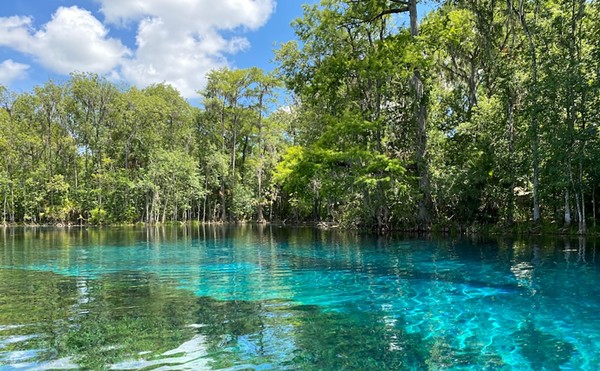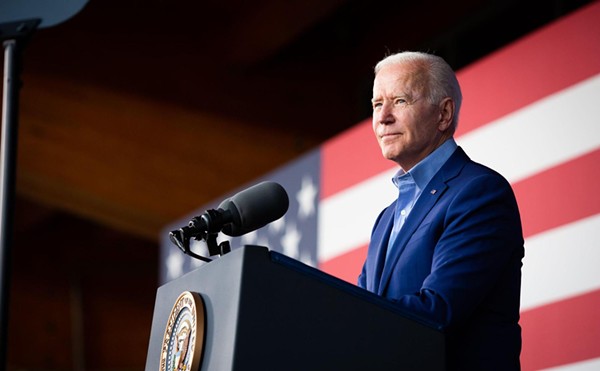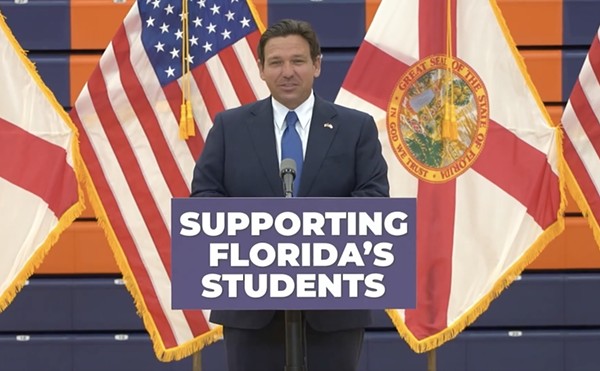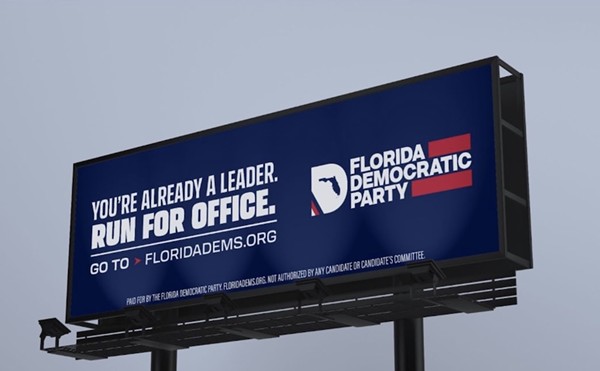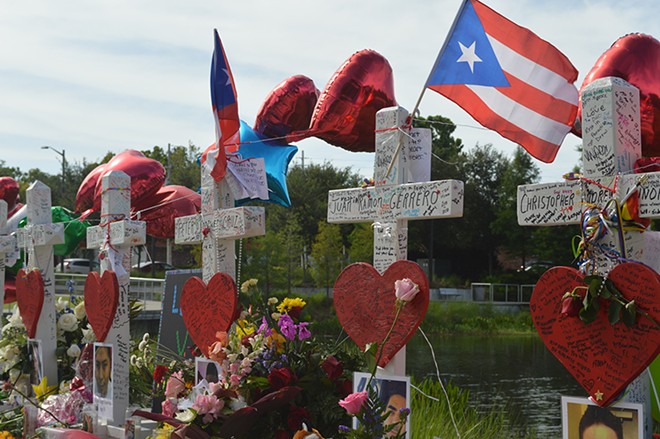
Ríos, who lives in this intersection of being queer and Latinx, was in Orlando last weekend as one of hundreds of counter-protesters who stood between the Westboro Baptist Church and funerals at Cathedral Church of St. Luke.
"We had to come out here," she says. "We're not just going to sit at home and cower while five people can stand out here. We don't care if there's just one of them. We'll come out."
Locally, LGBTQ Latinxs are still grappling with the fact that this could have easily been one of them but have started a conversation on what it means to live in the intersection of being queer and a person of color.
Carlos Guillermo Smith says it wouldn't have made a difference if the shooter had attacked on a different night. "Latin Night" just meant Pulse played Elvis Crespo and Aventura, but the people who frequented the club were mostly the same – LGBTQ Latinxs. In the past year, the Central Florida community has seen a surge in Puerto Rican migration as people flee the economic crisis on the island.
Smith, who is the government affairs manager for Equality Florida, says he went to Pulse many times because it was a place where he could "let his hair down, dance to Beyoncé and enjoy a good drag show." More than a sanctuary, gay clubs are like churches, he says, because they're affirming spaces where LGBTQ people can be loved and accepted.
"I'm proud of the fact that I'm a gay, Latino man, and I'm proud of that intersectionality," he says. "I'm a first-generation Floridian of Peruvian and French-Canadian heritage, and growing up, I was surrounded by Spanish-speaking relatives, enjoyed Latinx food and spent Saturdays dancing into the night. That intersection has helped me understand that everyone sees the world in a different way."
Smith says Latinxs, like other religious communities of color, are more socially conservative, which means some gay Latinx men come out later to their families than their white counterparts. Sometimes, they never come out to their families, but the tragedy in Orlando has accelerated the dialogue within this community.
"It's forcing people from all walks of life to challenge the old ideology about how we love one another and what their worldview is on how people love each other," he says. "That in some ways has created more understanding, which is a good thing."
Smith says he has been "disturbed and disappointed" by some elected officials' attempts to erase the Latinx and LGBTQ identities of the victims. After initially omitting the victims' identities, Florida Gov. Rick Scott finally said on Wednesday that the shooting was a clear attack on the gay and Hispanic community.
"He seems to refuse to say who the victims were, and this refusal to acknowledge that this is a horrific act of terror not just against all humans, but against LGBTQ people in general, is a real insult," Smith says. "It's an attempt to erase and ignore the hate that created this massacre."



